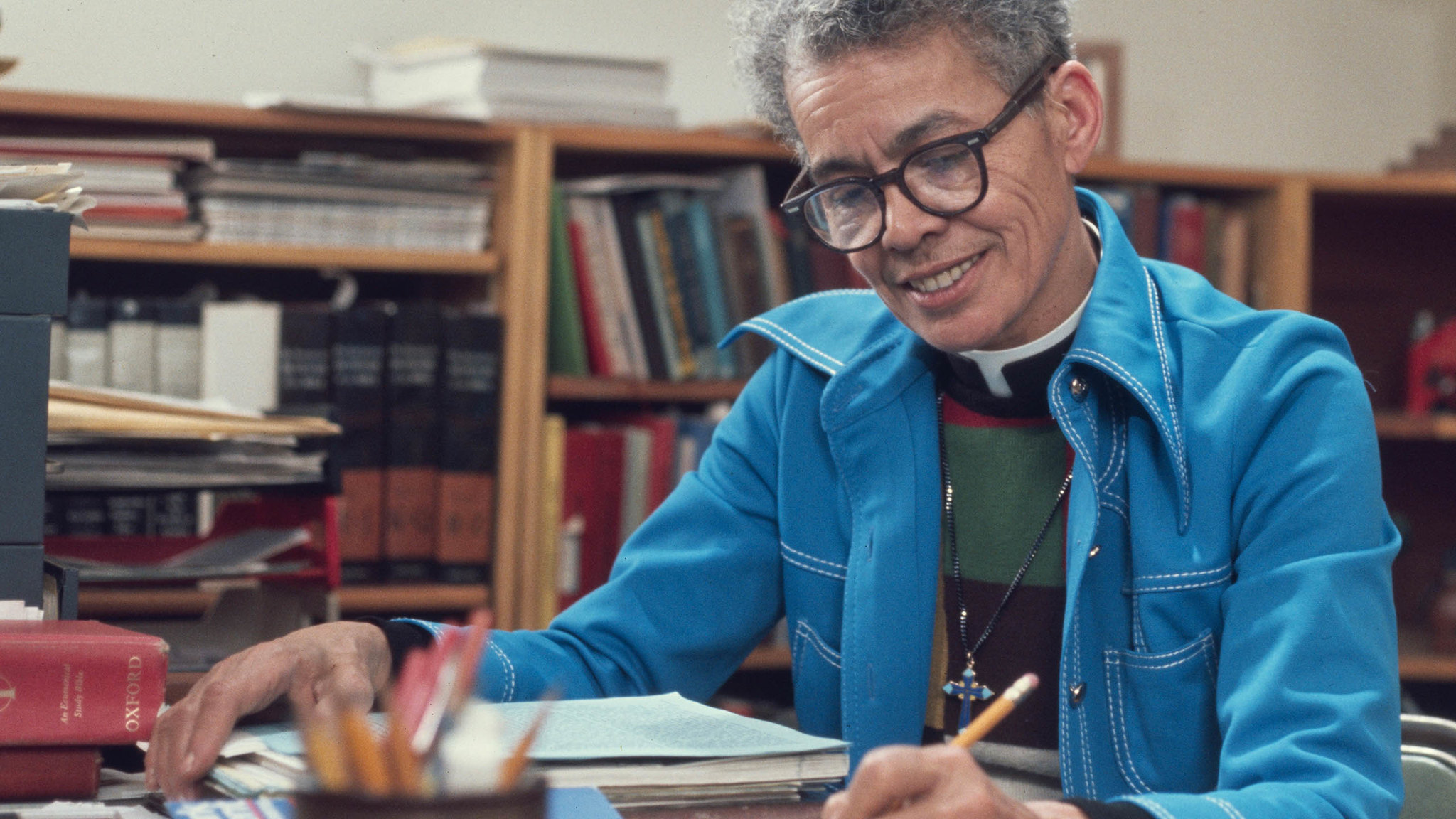

Intersections Film Series — “My Name is Pauli Murray”
February 1, 2023 @ 7:00 pm - 9:00 pm EST
Join the Sustainability Institute at Penn State for its spring 2023 lineup of the Intersections film series, integrating stories of community resilience in the face of sustainability challenges around the theme of “Building Better Bonds.”
On February 1 at 7 p.m., we will be screening online My Name is Pauli Murray, a powerful story of a major leader in human rights you have probably never heard of. Pauli Murray broke several barriers as one of the first women to attend Howard University law school, as a pioneer in bus desegregation who preceded Rosa Parks, as a legal scholar whose writings influenced both Thurgood Marshall and Ruth Bader Ginsberg, as a poet who worked with James Baldwin, and as the first ordained female Episcopalian priest. But Murray was also a pioneer in who she was a queer, non-binary, person of color at a time when all of those labels did not yet exist. An inspiring story, this is history you absolutely need to know to understand how we move forward our conversation about rights in society.
All films in the series are free and open to all students, faculty, staff, alumni and community members. All events will be streamed online to allow participation from all Penn State campuses and neighboring communities and alumni. Pre-registration for all events is required and can be completed at the Intersections website.
About Intersections
Created in 2019, the Intersections film series builds community at Penn State across disciplines and campuses while highlighting the ways sustainability issues intersect with each other. To date, the series has exposed over 5,500 Penn Staters and community members to complex issues ranging from the intersections between environmental justice, housing and climate change to the ways in which immigration policies affect women’s rights and workers’ rights.
All the films in the series illustrate aspects of the United Nations Sustainable Development Goals (SDGs), a series of 17 goals agreed to by more than 190 nations in 2015 to try to create a sustainable future for all by 2030. The goals confront issues of social and economic justice in addition to environmental protection and form the basis of how Penn State defines its approach to sustainability.
Post-film discussions focus on finding solutions to problems and connecting Penn Staters to resources and opportunities to get involved, both on and off campus.
The series is co-presented by WPSU with significant programming support from the Center for Global Workers’ Rights and Penn State Water Consortium.


